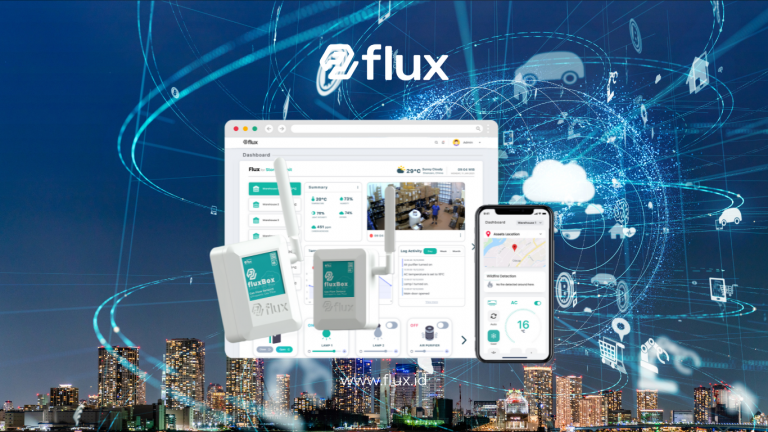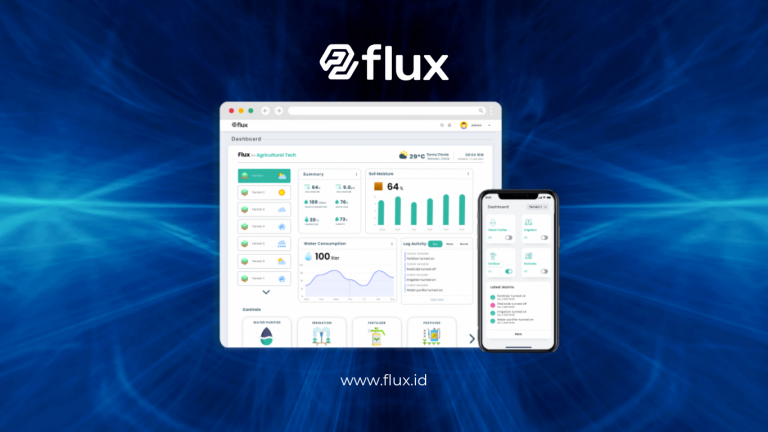Don't miss our holiday offer - 20% OFF!
With the increasing population and urbanization, cities around the world face significant challenges in managing infrastructure, transportation, and public services. This is where the *Internet of Things (IoT)* plays a crucial role. IoT not only promises efficiency but also creates an integrated system to facilitate interaction between residents and devices in urban environments. In this article, we will discuss how IoT can be applied in smart city management, its benefits, and real-world examples that already exist.
Contents
What is a Smart City?

Definition of a Smart City
A smart city is a concept where technology and data are used to enhance the quality of life for residents, improve operational efficiency, and reduce costs. Smart cities integrate various technologies, including IoT, to manage resources more effectively.
Characteristics of a Smart City
- Interconnected Systems: All systems in the city are interconnected and can communicate with each other.
- Data Utilization for Decision Making: Decisions are based on real-time data collected from various sources.
- Environmentally Friendly: Utilizes green and sustainable technology to maintain environmental quality.
Why is IoT Important in Smart City Management?

1. Connectivity and Collaboration
IoT allows devices in the city to connect and communicate, creating an integrated ecosystem. This enhances collaboration between various services, such as transportation, security, and waste management.
2. Energy Efficiency
By monitoring energy usage throughout the city, IoT systems can identify energy waste areas and help optimize consumption. For example, streetlights that automatically turn on and off based on pedestrian presence.
3. Traffic Management
IoT can analyze traffic data in real-time to optimize vehicle flow and reduce congestion. Sensors installed on roads help manage traffic signals and provide information to drivers.
Applications of IoT in Smart City Management

1. Smart Transportation Systems
Smart transportation systems use IoT to provide real-time information about journeys and traffic conditions. Mobile applications can offer alternative routes to residents, helping them avoid congestion.
2. Efficient Water Management
With IoT technology, water management can be improved. Monitoring sensors and devices can check water quality, detect leaks, and manage water distribution efficiently.
3. Security and Environmental Monitoring
Smart cities use IoT to monitor public safety and environmental quality. Surveillance cameras connected to the internet allow for better and quicker monitoring of security issues.
4. Smart Waste Management
Smart waste management systems use sensors to monitor the fill levels of waste bins, helping to improve efficiency in waste collection and reduce operational costs.
Benefits of Implementing IoT in Smart Cities

1. Improved Quality of Life
With better technology and more efficient services, residents can enjoy an improved quality of life. Better public facilities and efficient management help create a more comfortable urban atmosphere.
2. Responsiveness to Resident Needs
With access to real-time data, city governments can respond to issues more quickly and efficiently, whether in terms of security, traffic, or public services. This enhances residents’ trust in their government.
3. Enhanced Sustainability
By reducing emissions and effectively using resources, smart cities supported by IoT technology offer a more sustainable approach to management.
Future of Smart City Management

1. More Integrated Technology
In the future, we can expect increasingly integrated technology, creating a smarter and more efficient ecosystem in urban management.
2. Increased Citizen Participation
Involvement of citizens in decision-making and city management will encourage further development in smart cities, creating an environment that responds better to their needs.
3. Focus on Sustainability
With growing awareness of sustainability, smart cities will continue to invest in green technologies and sustainable solutions to create a better world for future generations.
Conclusion
The development of IoT technology in building smart cities brings numerous benefits for improving efficiency, safety, and quality of life. With innovative solutions and proper implementation, we can tackle challenges and create more sustainable urban environments.
Nocola is committed to providing advanced solutions that support smart city management. By fostering collaboration between governments, communities, and technology providers, we can realize a better vision of smart cities for the future.




